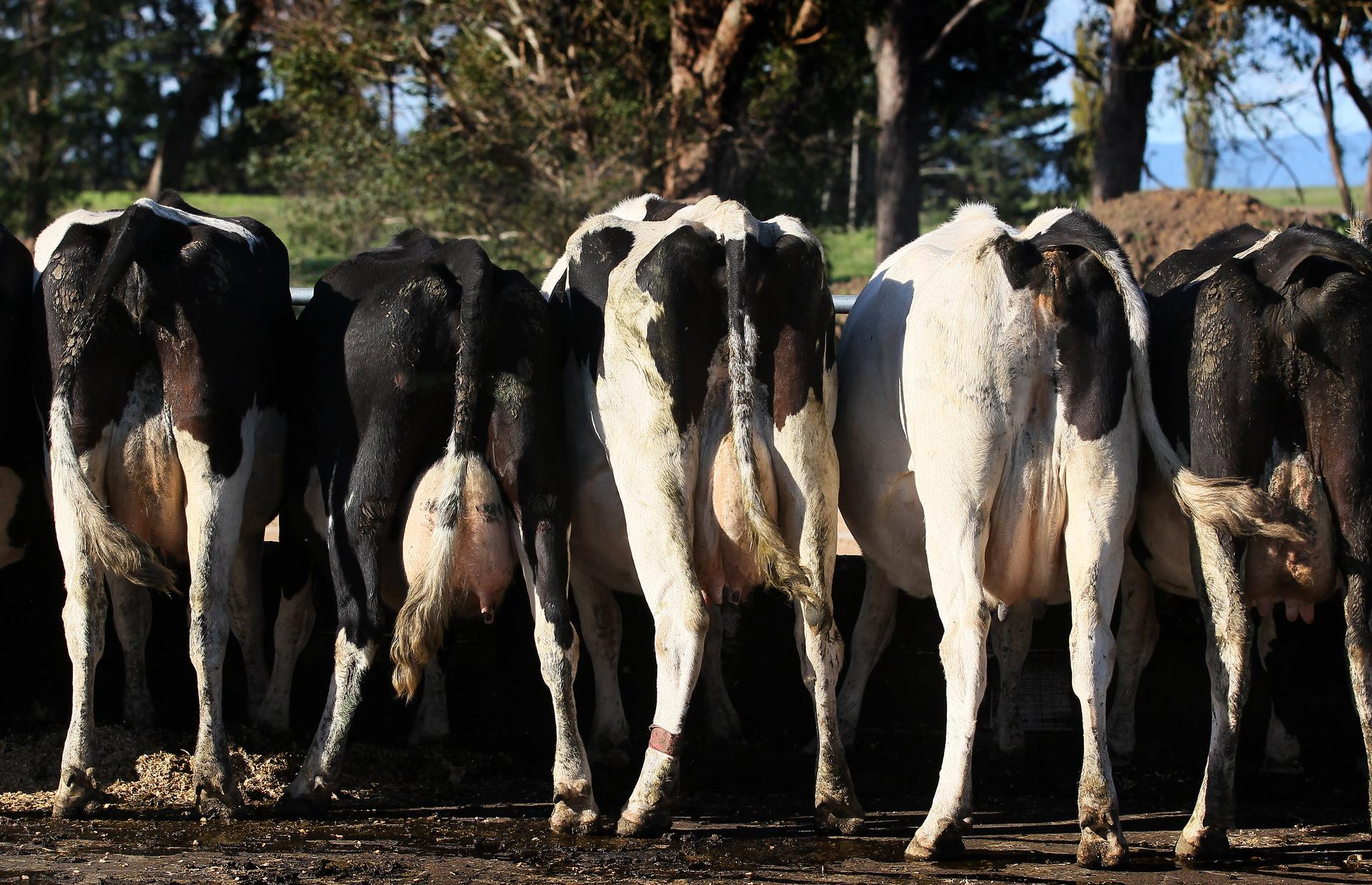Bacteria in huge New Zealand dairy scare isn’t actually botulism
Milk production is driving GDP growth in New Zealand.
Well, this is awkward.
New Zealand's largest dairy processor issued a major mea culpa this month after tests showed it was exporting milk tainted with the bacteria that causes botulism.
The scare triggered import bans and recalls from Russia, China and Sri Lanka and severely damaged the reputation of the company, Fonterra.
But officials with New Zealand's Ministry for Primary Industries admitted Wednesday that the bacteria found in Fonterra's products wasn't actually the potentially deadly Clostridium botulinum.
Scientists in New Zealand and the United States ran 195 tests on samples of whey protein used in baby formulas and other products and determined that the bacteria was, instead, the innocent Clostridium sporogenes.
"We went to world-leading labs, which are accredited and can test for this," MPI acting director-general Scott Gallacher told reporters.
"That has given us a clear and definitive sense that it isn't clostridium botulinum."
"There is no food safety risk here," he added.
More from GlobalPost: Got Milk? New Zealand apologizes for tainted dairy scare
Fonterra CEO Theo Spierings was understandably relieved by the test results.
But, he said Fonterra "did the right thing" in announcing the possible risk earlier this month.
"When you go through a global recall, you know it will affect your reputation," Spierings told Reuters.
"If we had not acted on this, and if something had happened with one child in the world, then it would have caused a massive reputation issue in the long term, or even you could be wiped off the map and possibly face closure."
The company now has the difficult task of cleaning up its reputation as a safe dairy processor.
Fonterra accounts for nearly 90 percent of the country's dairy production its $16 billion in annual revenue is driven mainly by exports to China.
New Zealand markets its milk as a "clean, green" alternative to Chinese milk, particularly in the lucrative infant formula market.
Reuters contributed to this report.
Every day, reporters and producers at The World are hard at work bringing you human-centered news from across the globe. But we can’t do it without you. We need your support to ensure we can continue this work for another year.
Make a gift today, and you’ll help us unlock a matching gift of $67,000!
